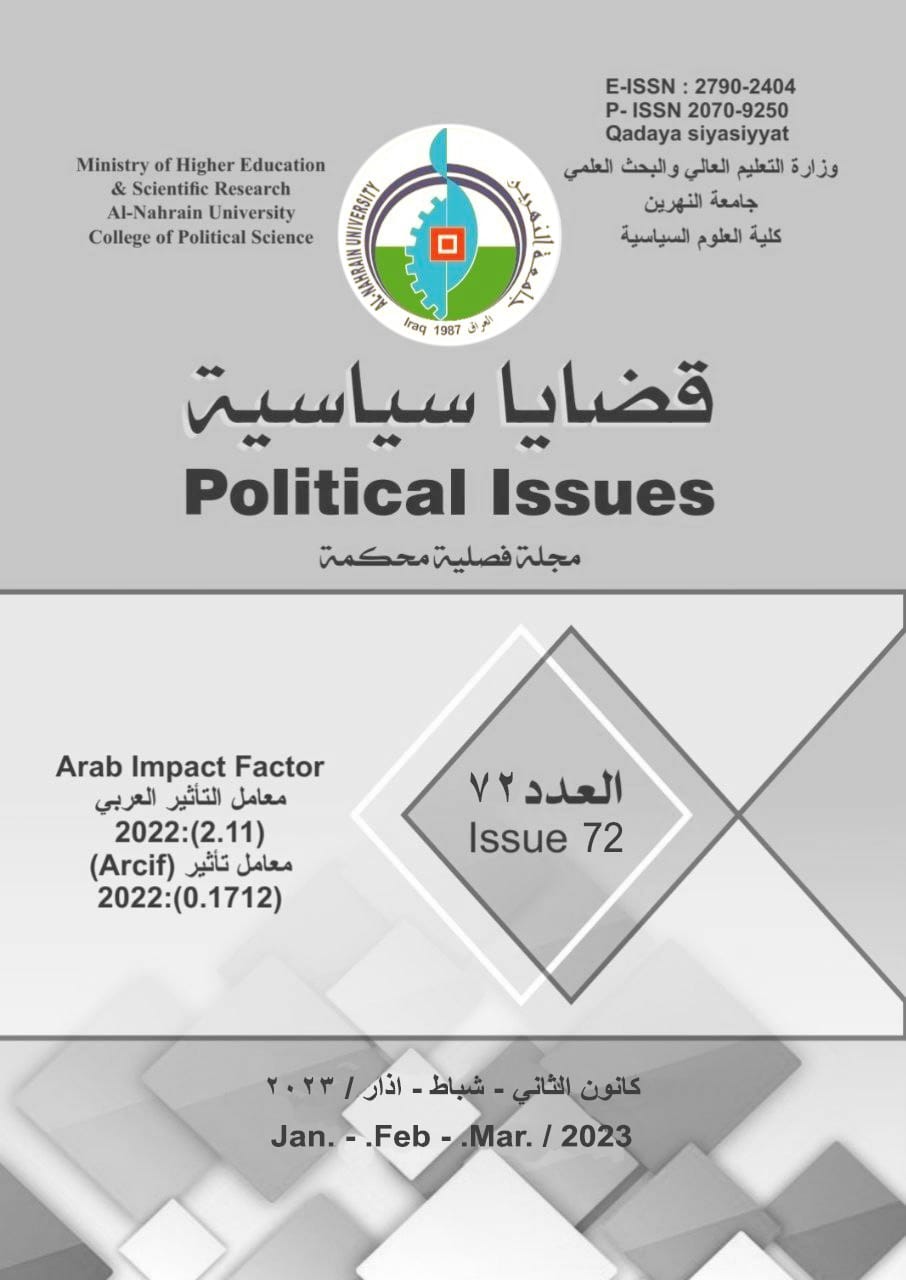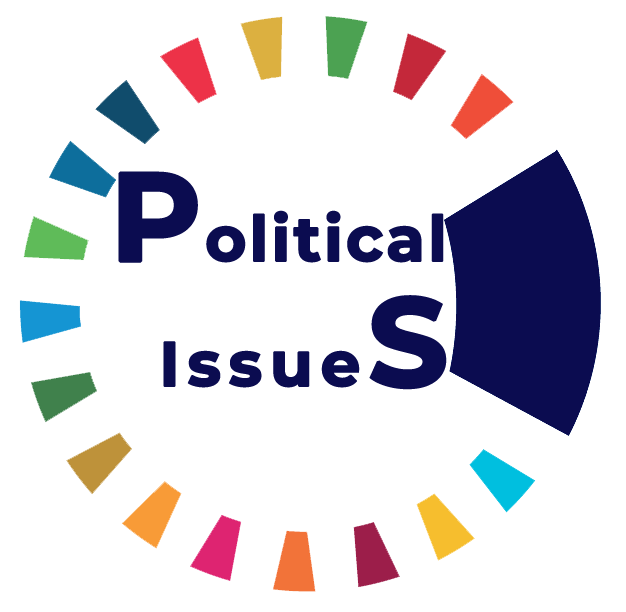The phenomenon of political corruption in Ghana and its impact on human development
DOI:
https://doi.org/10.58298/2023340Keywords:
Ghana, political corruption, human development, sustainabilityAbstract
Corruption constitutes a dangerous phenomenon wherever it occurs and however it is practised. Corruption results in problems and challenges to the stability and security of societies, and affects their moral values and justice, which in turn affects their development and the rule of law within them. Corruption is associated with forms of crime, especially organized crime, economic crime and money laundering. Various corruption practices also have an impact on the resources of states and societies, which threaten the political stability and sustainable human development of these states and societies. Therefore, corruption has become a ubiquitous phenomenon, affecting all societies and economies, including Ghanaian society. The fight against corruption has become a responsibility of the state and individuals, which calls for cooperation between the government and individuals to combat it and reduce it and its effects, with the support and participation of individuals and groups outside the public sector, such as civil society and the media. Government seeks to establish institutions that enhance the state’s ability to prevent and combat corruption effectively. Combating corruption requires confronting it with advanced technical methods, such as raising awareness of the dangers of corruption at the internal and international levels, preparing the environment that would help anti-corruption measures to take effect, achieving cooperation at the legislative and judicial levels, establishing procedures to prevent corruption and then processing its consequences when they occur, and preventing expansion and spread of corruption.
Additional Files
Published
Issue
Section
License

This work is licensed under a Creative Commons Attribution 4.0 International License.
This is an Open Access article distributed under the terms of the creative commons attribution (CC BY) 4.0 international license which permits unrestricted use, distribution, and reproduction in any medium or format, and to alter, transform, or build upon the material, including for commercial use, providing the original author is credited.






